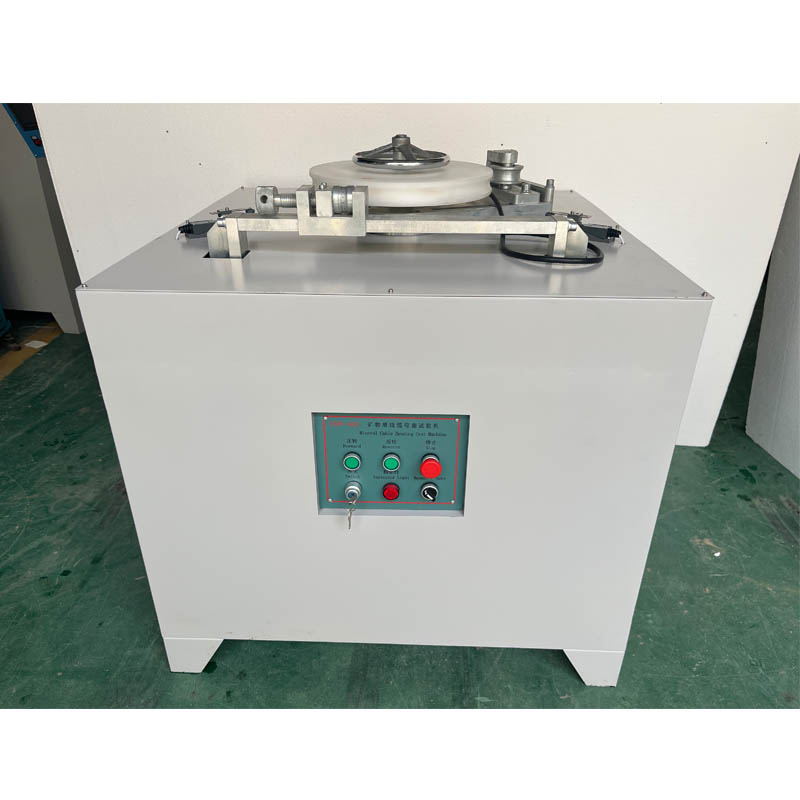China's Advanced Resistivity Testing Equipment for Accurate Soil Analysis and Assessment
The Importance of Resistivity Testing in China A Comprehensive Overview
Resistivity testing is a crucial aspect of geological and material investigation, particularly in a country as vast and diverse as China. As natural resources are being increasingly explored and environmental considerations come to the forefront, the demand for accurate and reliable resistivity data has surged. This article delves into the significance of resistivity testing, the methodologies employed, and its applications across various sectors in China.
Understanding Resistivity
Resistivity refers to the ability of a material to resist the flow of electrical current. In geological and engineering contexts, it is an important parameter that helps in understanding subsurface conditions. Different materials—such as soil, rock, and groundwater—exhibit varying resistivity levels. By measuring these levels, one can infer valuable information about the structure and composition of the earth beneath.
Application in Natural Resource Exploration
In China, resistivity testing plays a pivotal role in mineral exploration and oil drilling. The vast mineral wealth of the country necessitates comprehensive geological surveys. By employing resistivity testers, geologists can non-invasively assess areas of interest. This allows for more precise targeting of drilling operations, which not only conserves resources but also reduces operational risks. For instance, the discovery of copper and gold deposits in regions like Tibet and Yunnan has been greatly aided by resistivity surveys.
Environmental Monitoring and Management
china resistivity tester

With the increasing industrial activities and urbanization, environmental monitoring has become critical. Resistivity testing is essential for understanding groundwater contamination and soil salinity issues. In areas that face pollution from industrial effluents, resistivity measurements can help identify contaminated zones. Furthermore, it aids in designing effective remediation strategies to restore environmental quality. In regions affected by salinity, resistivity tests provide insights into how to manage soil and crop health effectively.
Infrastructure Development
As China continues to urbanize rapidly, infrastructure development is high on the agenda. Resistivity testing is an indispensable tool in geotechnical investigations for construction projects, including roads, bridges, and buildings. Understanding the electrical properties of soil and rock helps engineers design foundations that are safe and sustainable. For instance, cities like Beijing and Shanghai, which are experiencing significant construction booms, rely heavily on these tests to prevent structural failures due to poor ground conditions.
Technological Advancements
The technology behind resistivity testing has evolved significantly over recent years. Modern resistivity testers are characterized by their portability, efficiency, and accuracy. Advances in digital technology have enabled the automation of data collection and analysis, leading to quicker and more reliable results. In China, companies are investing heavily in research and development to improve resistivity measurement techniques, thereby enhancing their capability in geological investigations.
Conclusion
In conclusion, resistivity testing holds immense significance in various sectors within China, ranging from natural resource exploration to environmental monitoring and infrastructure development. As the country continues to grapple with the dual challenges of resource management and environmental sustainability, the role of this technology becomes even more crucial. With ongoing advancements in testing methods, the future of resistivity testing in China looks promising, ensuring that the nation can effectively navigate its geological challenges while supporting its ambitious development goals. The integration of resistivity testing into standard practice will not only enhance resource utilization but also contribute to a more sustainable future for the nation.
-
Why the Conductor Resistance Constant Temperature Measurement Machine Redefines Precision
NewsJun.20,2025
-
Reliable Testing Starts Here: Why the High Insulation Resistance Measuring Instrument Is a Must-Have
NewsJun.20,2025
-
Flexible Cable Flexing Test Equipment: The Precision Standard for Cable Durability and Performance Testing
NewsJun.20,2025
-
Digital Measurement Projector: Precision Visualization for Modern Manufacturing
NewsJun.20,2025
-
Computer Control Electronic Tensile Tester: Precision and Power for the Modern Metal Industry
NewsJun.20,2025
-
Cable Spark Tester: Your Ultimate Insulation Assurance for Wire and Cable Testing
NewsJun.20,2025
 Copyright © 2025 Hebei Fangyuan Instrument & Equipment Co.,Ltd. All Rights Reserved. Sitemap | Privacy Policy
Copyright © 2025 Hebei Fangyuan Instrument & Equipment Co.,Ltd. All Rights Reserved. Sitemap | Privacy Policy
